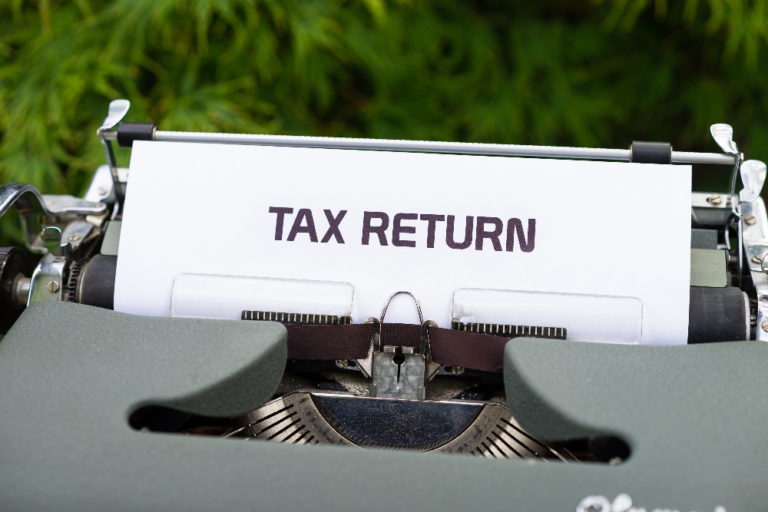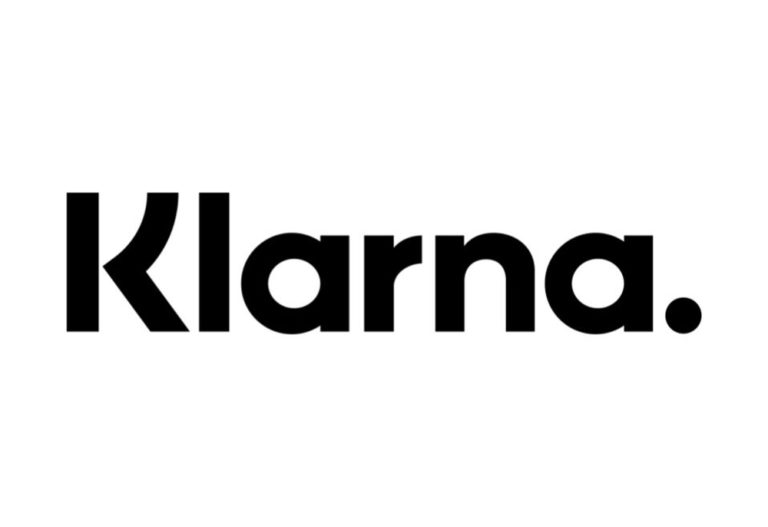How to build your credit score without a credit card (or borrowing)
Having a good credit score and a strong credit history is essential if you need a mortgage to get on the housing ladder.
Lenders will see you as a more reliable borrower – so they’ll be more likely to approve your mortgage application – and you’ll get better deals. The principle is the same for other kinds of borrowing, too.
Traditionally, a credit card has been seen as the easiest way to build up your credit score as well as your credit history.
But if you don’t want to or can’t get a credit card, it is still possible to build up a decent profile for free and without any additional borrowing.
Credit score essentials
Let’s start with some of the basic things you could do.
Have a bank account
This is the equivalent of getting five points just for writing your name on the test paper – unsurprisingly, it helps to have a current account in your name.
It also helps if you’ve had a bank account with the same provider for a long time as it indicates that you’re reliable and are financially stable.
So if you regularly take up on bank switching offers, you might want to open a separate current account just for that.
If you have an arranged overdraft and are steadily paying it off, this will also help to improve your credit score.
Obviously don’t start using your overdraft just for that – dip in only if you really need to as it’s generally a very expensive way to borrow.
Get on the electoral roll
Actually, you could be fined if you don’t register to vote when asked, even if you’re not planning to exercise that right. You also don’t have to be a British citizen to register – you just need to fit the right criteria.
Being on the electoral roll also has the added benefit of letting lenders know that you are a real person.
It’s then easier for them to associate a credit history with you and identify who you are, which can save you time when applying for financial products.
If you can’t get on the electoral roll, you can mitigate this by requesting a correction with each of the credit reference agencies – usually it just involves writing a short letter explaining why you’re not registered.
Have some bills in your name
Having water, gas and electricity bills in your name – and paying them on time – will also show lenders that you’re financially reliable.
This is especially important if you live in shared accommodation where bills are often in one person’s name only for ease.
If you miss a monthly bill, this will likely be reported (not every utility provider reports missed payments) and lower your credit score.
Get a mobile phone contract
A mobile phone contract is slightly different from regular utility bills as the cost of your handset and the usage is spread across a set time period.
In effect, the contract provider is giving you an interest free loan for the duration of your contract and you make regular repayments to that loan when you pay your monthly bills.
This is why you can get rejected for mobile phone contracts – the contract provider has completed a credit check on you and decided that you may not be a suitable borrower.
If you do have a mobile phone contract and pay this off every month, it will have a positive effect on your credit score. Again, if you miss a payment, your credit score will be negatively affected.
Other ways to improve your credit score
There are a number of other ways to boost your credit score for free and without additional borrowing, but it does mean sharing more information about yourself.
It’s also worth bearing in mind that some of these can take longer than others and can also negatively affect your credit score.
Switch on Experian Boost
Last year, credit reference agency Experian launched a free way to boost your credit score instantly – you just need to connect your bank account.
Experian Boost* scans your deposits and expenditure to check whether you’re spending within your means.
It will look for outgoings like council tax, payments to savings accounts and even subscriptions to things like Netflix and Spotify.
And as long as you are spending responsibly, you’ll get an instant boost to your credit score.
It’s worth bearing in mind there are three credit reference agencies – Experian, Equifax and TransUnion – and different lenders use different agencies.
Paying your rent
Paying your rent regularly and on time can also help with Experian and Equifax.
Experian partnered with Big Issue Invest (the social investment arm of the Big Issue Group) to create The Rental Exchange* in 2010.
It’s designed so that those who rent from councils or social housing providers can report their rent payments to Experian for free and in turn boost their credit score (assuming payments are made regularly and on time).
For private renters, there are two free services you can use: Canopy and CreditLadder.
On Canopy, you need to download the app and let it link to your current account via your bank’s app.
It will then scan payments tagged as rent and use these to report to Experian and Equifax.
CreditLadder works in exactly the same way but on the free service, it will only let you report your rent payments to one agency – you have to pay to report it to both Experian and Equifax.
But remember, because you’re reporting your rent payments, if you miss one, this will be recorded too and could negatively affect your credit score.
Sign up for Loqbox
Loqbox is a bit unusual because you’re saving money into a digital piggy bank while paying off a loan at the same time.
Officially, you’re buying what they’re calling a “cash redeemable savings voucher” and are paying for it with financing (the loan).
What happens in practice is when you sign up, you commit to paying in a set amount of money (between £20 and £200) each month for a year.
An interest free loan is then taken out in your name, the value of which is the sum of those 12 payments.
So for example, if you decide to pay just £20 a month, your loan would be £240.
Over the next 12 months, you make regular payments to clear your balance and your repayments are reported to all three credit reference agencies, helping to boost your credit score.
If you miss a payment, this will negatively affect your credit score. And in fact, Loqbox recommends closing your account altogether – you’ll get whatever you’ve paid back in full – rather than missing a payment.
After a year, assuming you’ve met all the payments, the loan is marked as paid off and you get all of the money you paid in back as a lump sum, just like if you had been paying into a fixed term regular savings account (minus the interest you would normally receive).
That money is released into a partner bank account in your name; Loqbox is paid a commission by the bank when you open an account, which is how they make money.
You can also choose to pay Loqbox £30 for the money to be deposited back into your own current account.
Throughout the process, the money is ring fenced in a separate account so it’s always protected, and you can close your Loqbox any time and get all of your money back.
If you close your account early, you might not see any boost to your credit score but it shouldn’t negatively affect your credit score either.
Pin this for later







